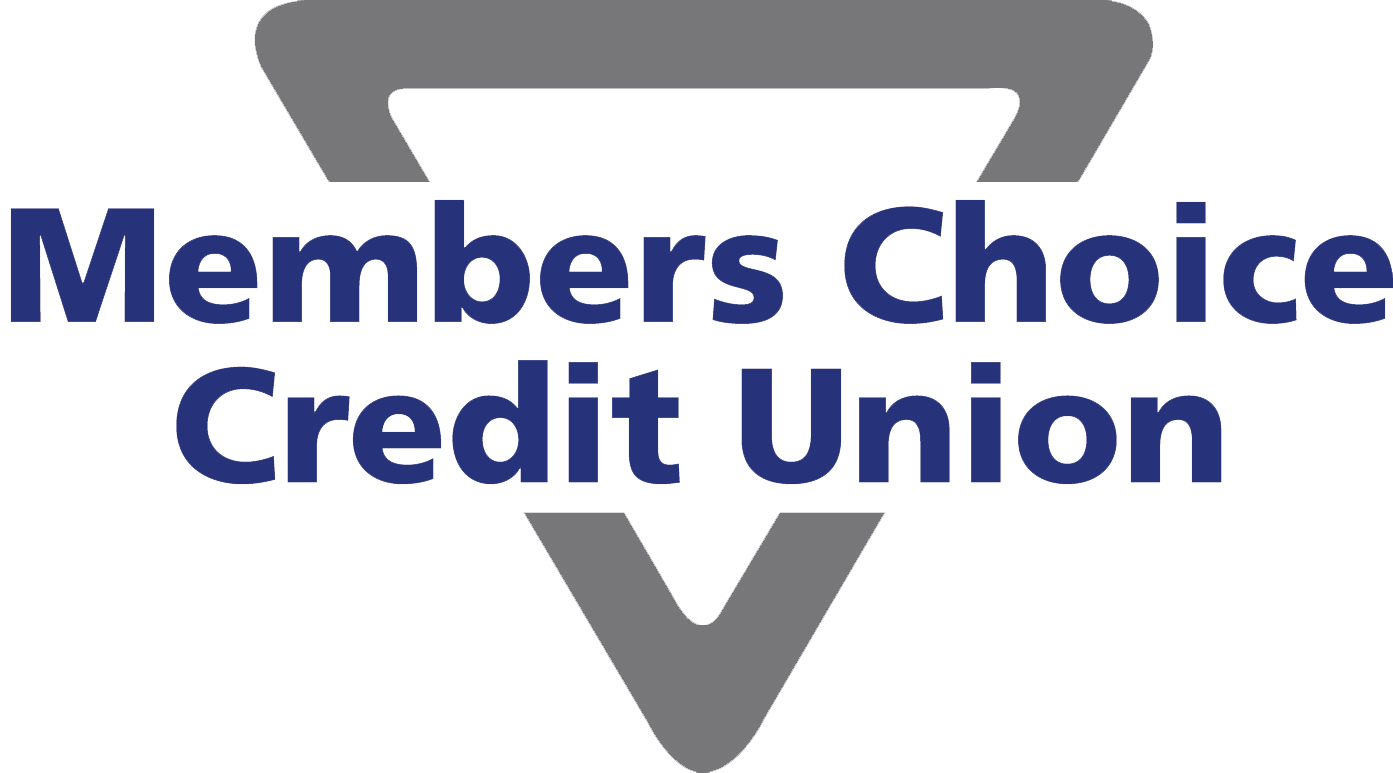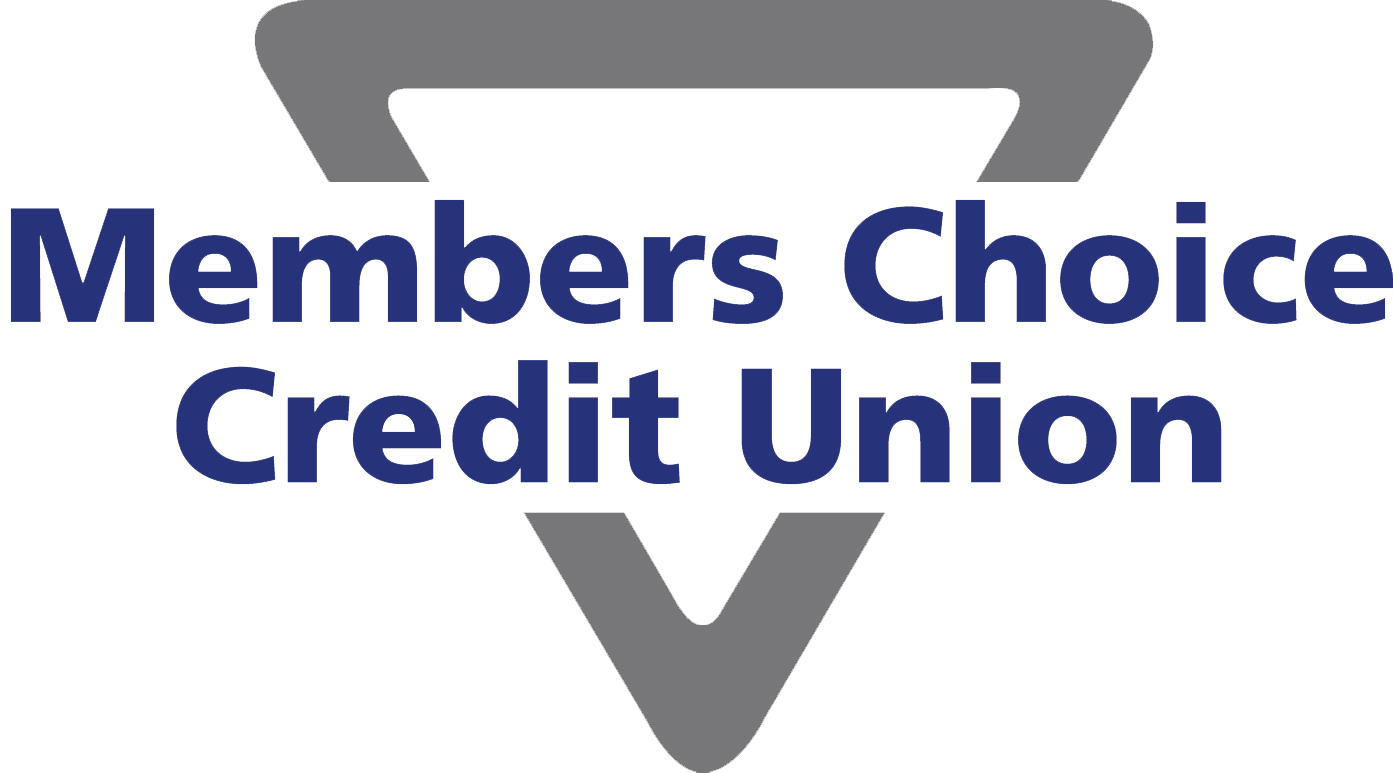Savings Account Overview
Key Points Summary:
• Savings accounts earn interest while keeping money accessible
• FDIC insurance protects deposits up to $250,000 per account
• Different account types offer varying rates and features
A savings account serves as your financial safety net, allowing you to earn interest on deposited funds while maintaining easy access to your money when needed. Unlike checking accounts designed for daily transactions, savings accounts reward you for letting your money sit and grow over time.
Think of your savings account as a partnership with your bank. You provide them with funds they can use for lending, and in return, they pay you interest. This arrangement benefits both parties while giving you a secure place to build your financial foundation.
How Savings Accounts Work
When you deposit money into a savings account, your bank pays you interest based on your account balance. This interest typically compounds, meaning you earn money not just on your original deposit, but also on the interest you've already earned. The Federal Reserve sets benchmark rates that influence what banks offer their customers.
Most savings accounts allow unlimited deposits but may restrict withdrawals to six per month due to federal regulations. While this limitation encourages saving habits, it also means you shouldn't use these accounts for frequent transactions like paying bills or making purchases.
Types of Savings Accounts
Traditional savings accounts offer the convenience of in-person banking with local branch access, though interest rates tend to be lower. These accounts work well if you prefer face-to-face customer service or need to make frequent cash deposits. However, the trade-off often comes in the form of reduced earning potential.
High-yield online savings accounts typically offer interest rates significantly higher than traditional options. Banks can provide better rates by operating primarily online, reducing overhead costs associated with physical branches. Money market accounts blend savings features with limited check-writing capabilities, while certificates of deposit lock in higher rates for predetermined periods ranging from months to years.
Interest Rates and How They Affect Your Money
The annual percentage yield (APY) determines how much your savings will grow each year. Even small differences in APY can significantly impact your long-term savings, especially when compound interest comes into play. For example, $10,000 earning 0.5% APY versus 4.5% APY creates a substantial difference over time.
Interest rates fluctuate based on economic conditions and Federal Reserve policy decisions. During periods of economic growth, rates typically rise, while economic uncertainty often leads to lower rates. Understanding this relationship helps you make informed decisions about when to lock in rates or seek better options.
FDIC Insurance Protection
The Federal Deposit Insurance Corporation protects your deposits up to $250,000 per depositor, per insured bank, for each account ownership category. This protection applies automatically to all qualifying accounts at FDIC-member banks, providing peace of mind even if your financial institution faces difficulties.
FDIC insurance covers the principal and any accrued interest up to the insurance limit, making savings accounts one of the safest places to store money. This government backing distinguishes bank savings accounts from investment products, which carry market risk but no guarantee of principal protection.
Fees and Account Requirements
Monthly maintenance fees can significantly reduce your savings growth if you're not careful. Many banks charge these fees unless you maintain a minimum balance, set up direct deposits, or meet other specific requirements. Some institutions waive fees entirely, particularly online banks with lower operating costs.
Beyond monthly fees, watch for excessive withdrawal penalties, overdraft charges, and account closure fees. Reading the fine print before opening an account helps you avoid unexpected costs that could eat into your interest earnings. Many banks also require minimum opening deposits ranging from $1 to $100 or more.
When to Open a Savings Account
Emergency funds represent the most common and important use for savings accounts. Financial experts typically recommend keeping three to six months of living expenses in easily accessible savings to cover unexpected job loss, medical bills, or major repairs. The combination of safety, liquidity, and modest growth makes savings accounts ideal for this purpose.
Short-term financial goals also benefit from savings account features. Whether you're saving for a vacation, car down payment, or home improvement project planned within the next few years, savings accounts provide security without the volatility of investment markets. However, long-term goals spanning decades might require investment options with higher growth potential to combat inflation.
How to Choose the Right Savings Account
Start by comparing APYs across different banks and credit unions, but don't stop there. Consider the total cost of ownership, including fees, minimum balance requirements, and accessibility needs. Online comparison tools can help you evaluate multiple options simultaneously.
Determine whether you need physical branch access or if online and mobile banking meet your requirements. Online banks often provide superior rates and 24/7 customer service, while traditional banks offer in-person support and extensive ATM networks. Your personal banking preferences should guide this decision, as the best account is one you'll actually use effectively.
Your savings account forms the foundation of your financial security, providing a safe place to grow money while maintaining access for life's unexpected moments. By understanding how these accounts work and carefully comparing your options, you can choose an account that supports both your immediate needs and long-term financial goals. The key lies in finding the right balance between earning potential, accessibility, and fees that align with your specific situation.




